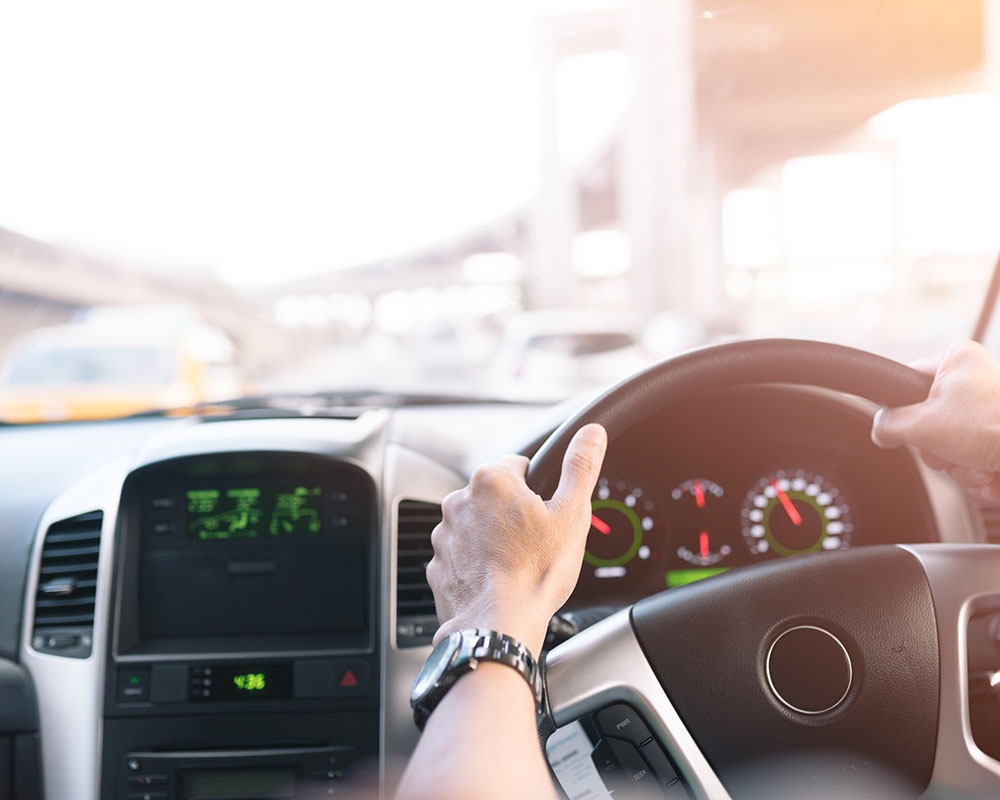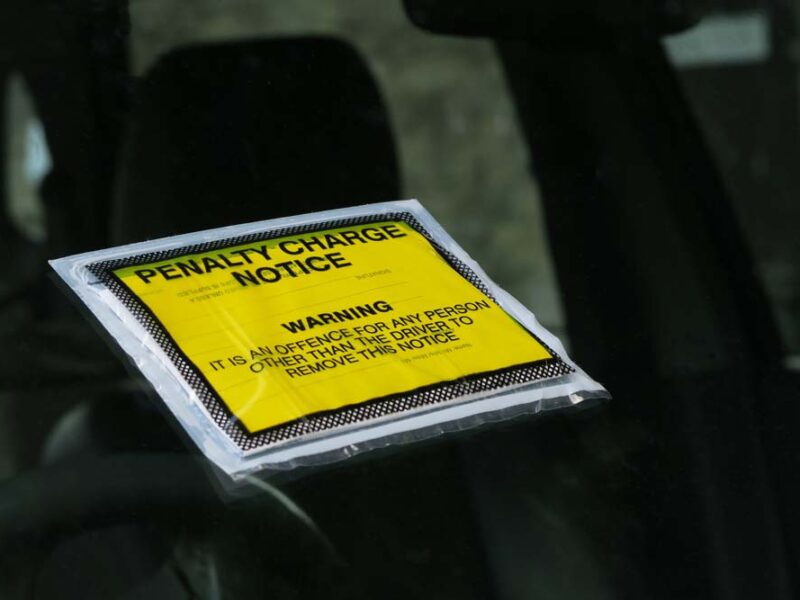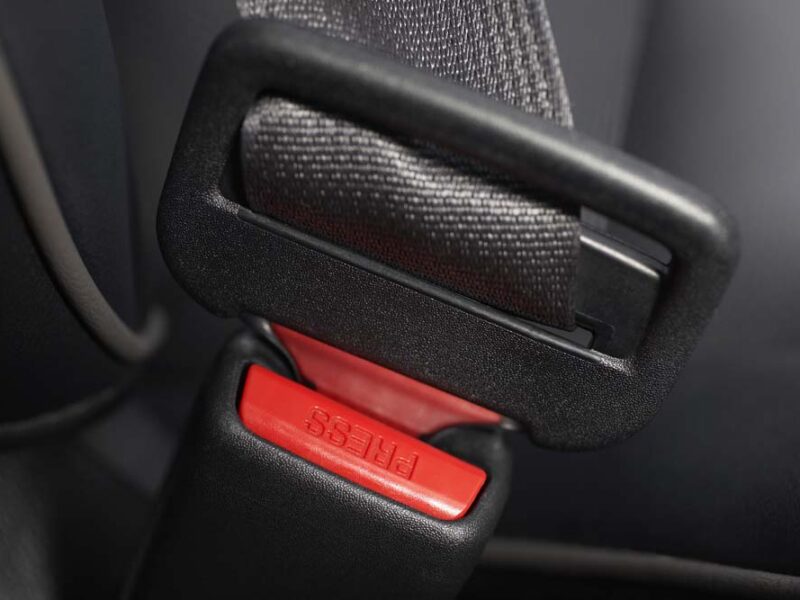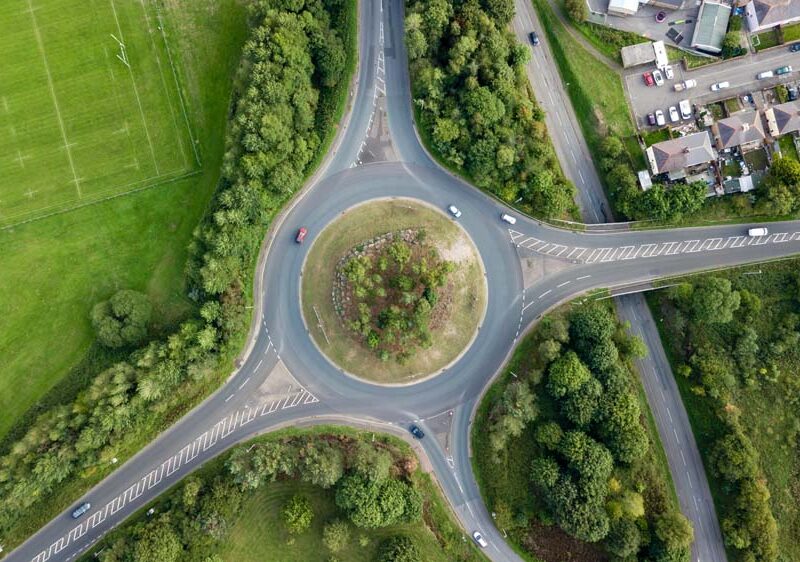Secretary of State for Transport, Chris Grayling has warned that under measures which came into force on 1st March 2017, motorists will face losing their licence if they are caught using their phone whilst driving.
Motorists using a phone while driving will receive six points on their licence and a £200 fine - up from the previous three points and £100 penalty. Drivers who are caught using their mobile phone twice, or accruing 12 points on their licence will now face magistrates' court, being disqualified and fines of up to £1,000 (unless they can show that a ban would cause them 'exceptional hardship').
Drivers who are caught within two years of passing their test risk having their licence revoked and for lorry or bus drivers the penalties risk being even worse following review by their traffic commissioners.
Transport Secretary Chris Grayling said "our message is simple and clear: do not get distracted by a mobile phone while driving. It may seem innocent, but holding and using your phone at the wheel risks serious injury and even death to yourself and other road users. Doubling penalties will act as a strong deterrent to motorists tempted to pick up their phone while driving and will also mean repeat offenders could find themselves banned from our roads if they are caught twice."
Studies have shown that talking on a hand-held mobile phone poses a risk four times greater than that posed by undistracted drivers. That is on a par with drink driving. Another study by Virginia Tech Transportation Institute found that texting while driving conferred a risk of collision 23 times greater than driving undistracted.
The increase in penalties follows a consultation process by the Department of Transport in 2016 which favoured almost unanimous support for greater penalties. The Ministry of Justice has recently finished a consultation on increasing the maximum sentence for causing death by dangerous driving from 14 years to life imprisonment in an additional crackdown on reckless drivers. It follows on from high profile accidents such as the case against Keith Mees who was jailed in December 2016 for six years after using his mobile phone to browse Facebook whilst driving his 38-tonne HGV lorry on the M271 near Southampton. He ploughed into the back of slow traffic causing two fatalities.
So what is this all likely to mean in practice?
First, the Government's move to increase the level of penalties raises the profile of this type of offence, and the criminal courts and Traffic Commissioners will be bound to take note.
Second, we have increased clarification from the government that using a hand held mobile phone (to make or receive calls or text messges, or to check social media/emails etc.) whilst stopped in traffic or at traffic lights is illegal - and the legal test, is not a question of what the driver may consider to be 'safe'.
Third, drivers may listen to music or podcasts on a smart phone, but only on a 'hands free' basis.
Fourth, there is no 'approval' of drivers using their phones legally per se. The law on careless and dangerous driving remains in place, and being distracted while making a telephone call itself legally (and as a result driving carelessly or dangerously) is unaffected by these changes (as above).
If you would like further clarification on this area or advice on transport law issues in general, then call us now on 01279 818280 or click here to send an email.

More News and Insight

Moving to a Digital First Approach in Heavy Vehicle Testing
In a Section 19 Public Inquiry hearing heard last year (2023) the Traffic Commissioner highlighted again the importance of permit operators ensuring that their vehicles allow passengers and other road users to be safe.

Traffic Commissioner Highlights Abuse of Section-19 Permits
In a Section 19 Public Inquiry hearing heard last year (2023) the Traffic Commissioner highlighted again the importance of permit operators ensuring that their vehicles allow passengers and other road users to be safe.

Enero Logistics Ltd – the Law for Operators on Agency Drivers
At one time or another, many transport companies need to rely on the services provided by agency drivers, to best cope with sudden fluctuations in demand or to fill driver shortages. This allows for the undisrupted continuation of services by these organisations.

Are you Up To Date with the Guidance on Right to Work Checks?
In August 2023, it was announced that from 2024 the penalties imposed on employers who are found to be employing people who do not have a right to work in the UK would be tripled, in an effort to curb this “black-market” practice and raise the disincentives for people to come to the UK to live and work illegally.

Driver CPC Reform: Department For Transport Publishes Consultation Findings
In early 2022 the Department of Transport (DfT) launched a consultation into the Driver Certificate of Professional Competence (DCPC) regime, following a review undertaken in late 2021 on the driver shortage issues.

Hydrogen Powered Vehicles – DVSA statutory testing
In early August 2023, the Driver & Vehicles Standards Agency (‘DVSA’) posted a bulletin regarding statutory testing of Hydrogen powered vehicles.

Transport for London found Guilty of “Procedural Impropriety”
The case of Transport for London (TfL) vs. Commercial Plant Services Ltd & Others 2023 (“Commercial Plant”) recently hit the headlines as the London Tribunal ruled that TfL “broke the law” when it used CCTV systems rather than Civil Enforcement Officers (CEOs) to issue Penalty Charge Notices (PCNs) to drivers.

Department of Transport Funding £8m to Improve Truck Roadside Facilities
The Department for Transport (DfT) has recently announced the “winners” of its £8 million funding offered to bidders to ensure better roadside facilities, more secure parking and improved rest areas.

Loading Safely – New Guidance from the DVSA
The DVSA has recently updated its guidance on safe loading of vehicles – something which they believe should be of primary concern for all road users, whether it is using a seatbelt to secure passengers in a family car or transporting goods in lorries.

Government Publishes Review into Traffic Commissioner Function
During 2021 and 2022 the government ran a review into the Traffic Commissioner Function in the UK. The report into this review was published at the end of May 2023.

Longer Lorries now Allowed on UK Roads
Legislation passed by the UK Government which came into force on 31st May 2023 sees the introduction to Great Britain’s roads of longer semi-trailer (LST) combinations of up to 18.55 metres, a full 2.05 metres longer than previously allowed.

PSVAR Review – Call for Evidence
Under-Secretary of State for Transport, Richard Holden has urged members of the coach and bus industry to respond to the government’s call for evidence (CfE) in a key review on the Public Services Vehicles Accessibility Regulations (PSVAR) which were introduced in 2000.
